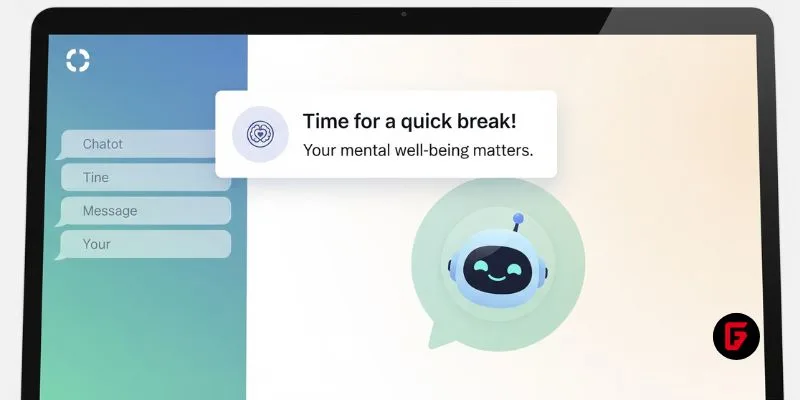OpenAI has just made a pivotal move in the world of artificial intelligence by rolling out comprehensive mental health safeguards for ChatGPT. This marks a new chapter in how we interact with AI—and also how tech giants take responsibility for our digital well-being. If you spend long hours chatting with AI, buckle up: these features are not just technical upgrades; they’re a clear signal that ethics and safety are becoming AI priorities.
A Gentle Nudge: Break Reminders for Prolonged Usage
We’ve all been there—hours deep in a conversation with ChatGPT, brainstorming ideas or maybe pouring out personal dilemmas. Now, after an extended session, ChatGPT will gently nudge you with a pop-up reminder: “Is this a good time for a break?” This isn’t just a pop psychology trick. OpenAI has designed these reminders to feel natural and supportive, inspired by similar safeguard systems in gaming and social media. The intent is simple: foster healthier digital habits, not endless engagement.
What’s really interesting is the management philosophy behind this. OpenAI says its metric for success isn’t how long you stay glued to the chatbot, but whether you feel comfortable coming back. In other words, they want to build trust, not addiction.
Smarter Responses to Critical Personal Questions
Mental health and big decisions often go hand-in-hand. ChatGPT is getting an update to be less “agreeable” and more thoughtful. If you ask, “Should I break up with my boyfriend?”—instead of a yes/no, you’re guided through a series of decision-making steps, pros and cons, and reflective follow-ups. This is a course correction from past models, which sometimes tried too hard to please, glossing over the weight of a user’s real-life dilemma.
Acknowledging the Risks: AI and Mental Health Crises
Why now? The rollout is a direct response to mounting evidence that prolonged or unmonitored use of chatbots can be risky—especially for those facing mental health challenges. Alarming reports and a well-known Stanford University study found cases where AI chatbots, including ChatGPT, responded in “dangerous or inappropriate” ways to people in psychological distress. There have even been tragic outcomes. OpenAI publicly acknowledged these failures and emphasized the urgent need for better detection and intervention features.
Now, ChatGPT is equipped with improved tools for detecting signs of emotional distress, delusion, or dependency. The goal: steer vulnerable users toward reliable, evidence-based help rather than keeping them engaged in potentially harmful dialogue.
Expert-Driven Safeguards and Future Outlook
OpenAI didn’t act in a vacuum. The company collaborated with more than 90 physicians—across 30 countries—and an advisory group specializing in mental health, youth well-being, and human-computer interaction. They’re taking the evolving overlap between psychology and AI seriously, especially as ChatGPT nears a staggering 700 million weekly users.
The leadership at OpenAI understands that AI is starting to feel more “responsive and personal” than any technology before it—especially to those most vulnerable. As demand for regulation and responsible design grows, OpenAI’s move will likely set a precedent for others in the AI space.
OpenAI’s mental health safeguards for ChatGPT aren’t just a technical patch—they’re a much-needed statement about user safety, mental health, and the evolving relationship between AI and humanity. Let’s hope this marks the beginning of a smarter, more empathetic era for conversational AI.


